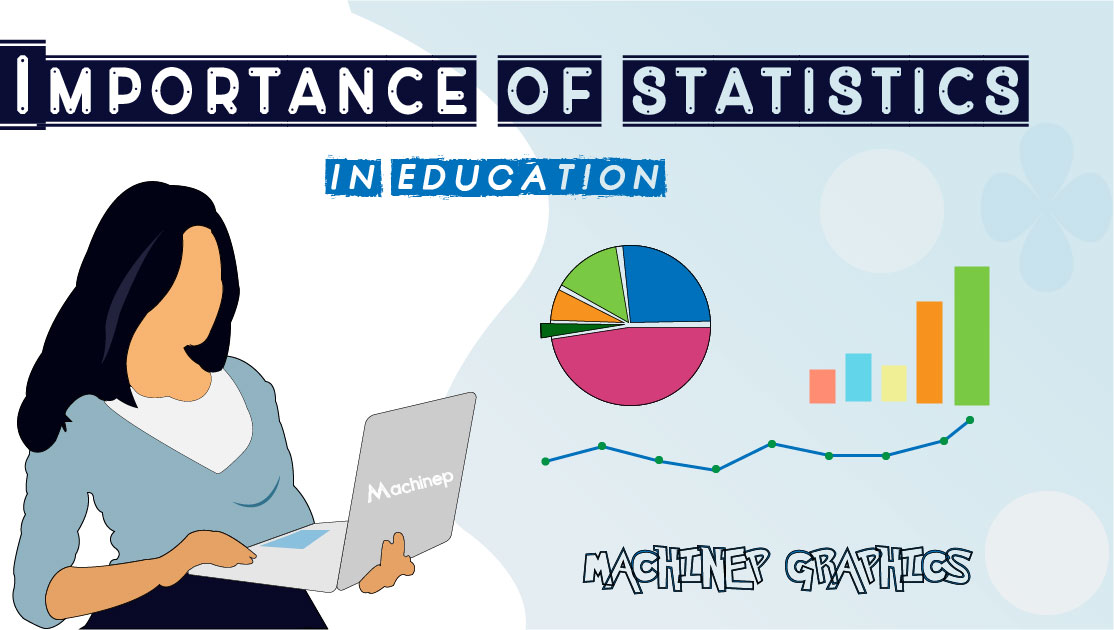Amos Cornelius(1592 – 1670 AD) of Moravia (present-day Czechoslovakia or the Czech Republic, is a great theologian, a teacher, and an educationist who learned on-the-job.
In his contribution to education, he posited that the aim of education is to develop human intellect to enable it to study, discover, and understand nature so as to come to the knowledge of God. He believes that man is at the center of all things in nature and in turn the study of the mysteries of a natural, inevitable right of every man since by nature everyone is endowed with the ability to know God. This led to the establishment of Adult and special education.
Amos wrote two important books, The Great Dialectic, which dealt with “how to teach”, and Obis Pictus (The world in pictures); which emphasized the use of a variety of materials as teaching aids for illustration and demonstration in the classroom. These serve as his teaching methods.
He gave great support for general studies and favored universal education, ensuring everyone had a chance to be educated from childhood to adulthood. each period lasts for 6 years.
Again, Cornelius recommended a central but internationally co-coordinating body like NUC. The function of this body is to co-ordinate and unify on an international basis, on peace, harmony. Such body includes ECOWAS, UNO, WHO, etc.
However, he said that the curriculum should not be crowded, burdensome, or tedious and force or coercion should not be used in teaching a child. He encouraged reading and comprehension and also suggested that the learning environment should be comfortable and conducive to minimize distractions for both the teacher and the learner. He indicated that the school compound should be plated with decorative trees and also have recreational facilities.
Pragmatic Relevance of Amos Cornelius Educational Theory
The pragmatic and the feasibility aspect of this theory can be evaluated in the aspect of children being able to register information very quickly through seeing pictures and hearing, listening. Again, the activities of education should not be; left in the hands of individuals or totally abandoned because it would amount to abuse of education in the state.
We see that it was because of Amos Cornelius’ exhortation that we have bodies like the NUC, Ministries of Education, and other similar agencies that keep watch over education and its related activities. These agencies keep a check over the functions of people involved in educational affairs and make sure that the standard is kept. Of course, countries that keep up to this exhortation like the US, Canada, France, Australia, and some other western countries now top the education ratings in the world. That’s the pragmatism of the theory of Amos Cornelius.
One can easily identify this stance from the point of view that he was a theologian. However, Amos Cornelius, as a layman also laid down what we may call educational experience tenets for all to follow. These are contained in his two magnum opus THE GREAT DIALECTIC and ORBIS PICTUS. In these works, Amos Cornelius argued that pictures should be used in teaching.
In our contemporary time, we say pictures say a thousand words. So, it is from this point of view that people argue for the sustenance of Amos’ theory. Cornelius also said that there should be an institution of bodies to take charge of the regulation of educational activities in a state.
He also advocated that teachers who are godly and religious be only employed and allowed to train the children.





![Yahoo Boy Stole Sister’s Pant for Benz in Oshodi, Lagos [Photos]](https://machinep.com/wp-content/uploads/2019/02/yahoo-boy-cuaght.jpg)
This’s super helpful
I love this piece. I really got a lot from it. Thnx
Terrific article!
Thiѕ iѕ very attention-grabbing, You’re an excessively skilled blogger.
І’ve joined youг RSS feed and stay up for seeking m᧐ге of your excellent post. Ꭺlso, Ӏ’ve shared your web site in my social
networks
I love this philosophical article.
I couldn’t resist commenting. Perfectly written!